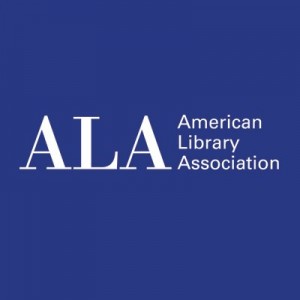At ALA Midwinter in Boston, we attended several valuable sessions on assessment, evaluation, and data visualization. Here’s a roundup of what we heard.
ARL Library Assessment Forum
Kenning Arlitsch, dean of the library at Montana State University, reported on his grant project, Measuring Up: Assessing Accuracy of Reported Use and Impact of Digital Repositories. While at Marriott Library at the University of Utah, Arlitsch observed that the reported use of the digital collections at the university’s three libraries was widely divergent. While some of this usage could be explained by the scope and mission of the libraries, Arlitsch discovered that they were using different methods to count usage. Log files count PDF usage very differently that analytics services such as Google Analytics. Google Analytics, for instance, does not track non-HTML file downloads via direct external links, resulting in serious undercounting. Log file stats are more likely to over count. Because of these significant differences, Arlitsch is concerned that when libraries compare the usage of their digital resources, and especially their institutional repositories, to usage at peer institutions, they aren’t comparing apples to apples.
Bob Fox, dean of the University Libraries of the University of Louisville, discussed both the space assessments that have led, and are still leading, to major renovations of the Ekstrom Library and how he uses assessment of library resources to advocate for more funding from the university. His pie chart of LibGuide usage was particularly resonant. While arts and sciences guides receive just around half of the usage, health sciences guides account for almost one third of total usage. This type of visualization is a simple way to demonstrate the value of library resources to this important constituent. Clear visualizations of how Louisville’s University Libraries allocate their budget to collections as compared to peer institutions will also (he hopes) help him make the case for why they need more funding.
